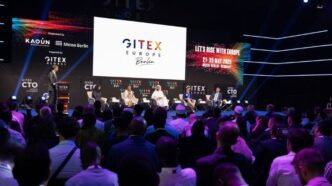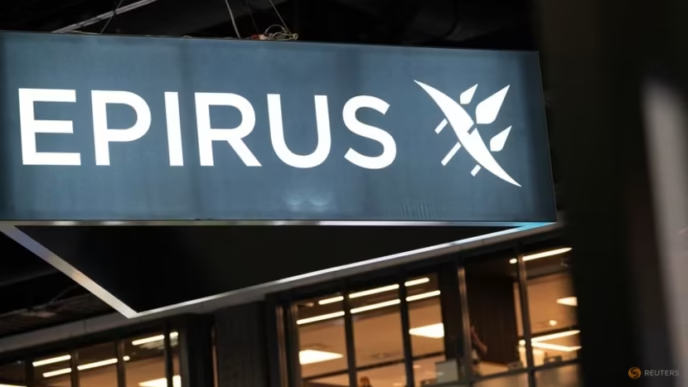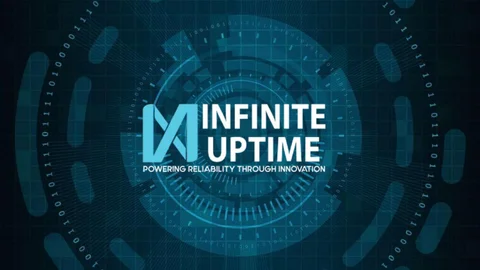The inaugural GITEX Europe Berlin made a powerful entrance onto the continent’s tech scene, drawing more than 40,000 professionals, 2,000+ exhibitors, and 800+ investors from over 100 countries. Held at Messe Berlin, the event wasn’t just about scale—it was about setting a bold tone for Europe’s digital future, with deep tech, AI, and diversity leading the conversation.
From the start, diversity took center stage, making clear that Europe’s innovation story must be inclusive. One standout moment was the Female Founders & Investors Drinks, hosted by Thousand Faces Org and Beyond Global. These spaces weren’t just for networking—they embodied a shift in how Europe is building its innovation economy. Adding to the momentum, the Supernova Challenge—known as the world’s biggest startup pitch competition—awarded €100,000 in equity-free funding to some of the most promising young companies.
The political presence reinforced the message. France’s AI and Digital Minister Clara Chappaz stressed the importance of French-German partnerships for pushing digital transformation. Berlin Mayor Franziska Giffey called GITEX a “technological sovereignty” catalyst, underlining how vital homegrown innovation is to Europe’s future.
Funding for Deep Tech at Full Throttle
Another headline moment came from the European Innovation Council Pavilion, which showcased over 40 deep tech startups backed by €1.4 billion in funding. Denmark’s ATLANT 3D wowed attendees with its atomic-precision microchip printer—developed with NASA—while Germany’s Kiuntra debuted a new kind of cryogen-free cooling system for quantum computing.
Quantum tech also got the spotlight it deserved through the GITEX Quantum Expo, featuring IBM and QuIC. It was a clear signal that Europe isn’t just playing catch-up—it’s building the future from the ground up.
On the sustainability front, ideas flowed freely. Projects like Leafcloud’s effort to recycle server heat and Nash FintechX’s carbon credit NFTs sparked interest, although more details are still to come. The Green Impact Summit drove home the urgency of climate-aligned innovation, tying in with Europe’s €200 billion AI investment strategy.
AI as a Real-World Engine of Change
Artificial intelligence was everywhere—not just in theory, but in action. The AI Everything Europe Summit brought Dr. Geoffrey Hinton to the stage, where he spoke on using AI to tackle humanity’s most critical problems. His talk set the tone for a larger push toward responsible, ethical AI development.
Meanwhile, startups weren’t just talking—they were building. Latvia’s Longenesis showcased a health data platform that enables privacy-first drug research using federated learning, showing how AI is already transforming sectors like biotech.
Over 3,000 investor meetings were facilitated through the North Star Europe Program. Though some headline partnerships—like Solaris and Deutsche Bank’s blockchain plans or Qonto’s expansion into North Africa—were less substantiated, the energy around corporate-startup collaboration was undeniable.
Berlin Emerges as Europe’s Innovation Powerhouse
By the end of the three-day summit, one thing was clear: GITEX Europe Berlin is here to stay. With over 5,600 startups and 25 unicorns now calling Berlin home, the city has cemented itself as a serious launchpad for tech innovation. As Europe eyes 11 million new tech jobs by 2030 and deepens its global VC footprint, GITEX is the megaphone it needs—amplifying the voices, products, and ideas shaping a more responsible, connected, and sustainable tech ecosystem.













